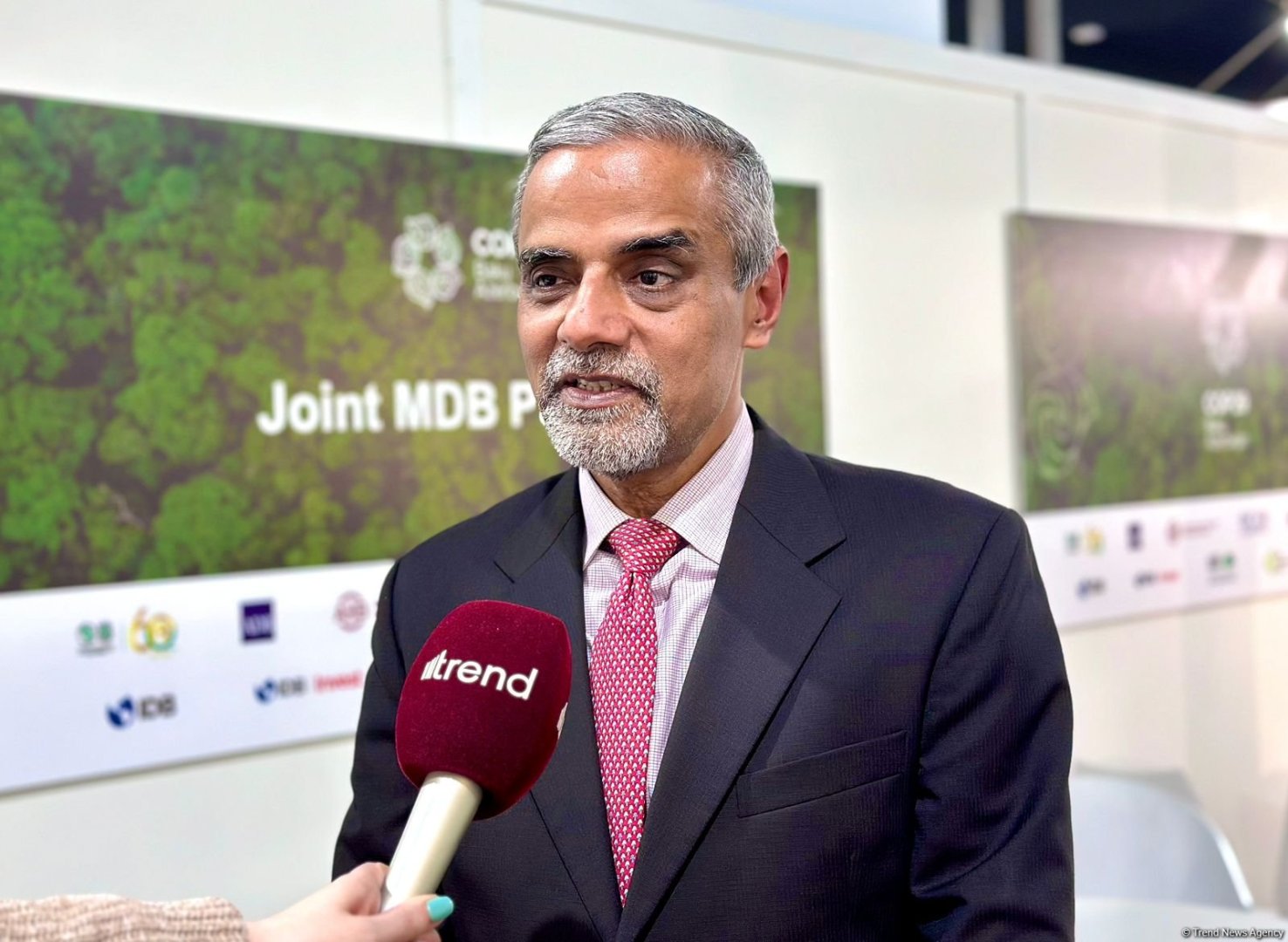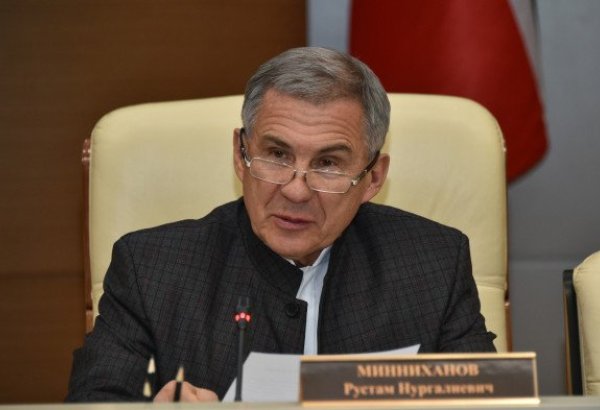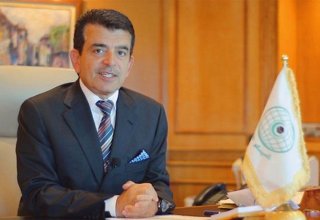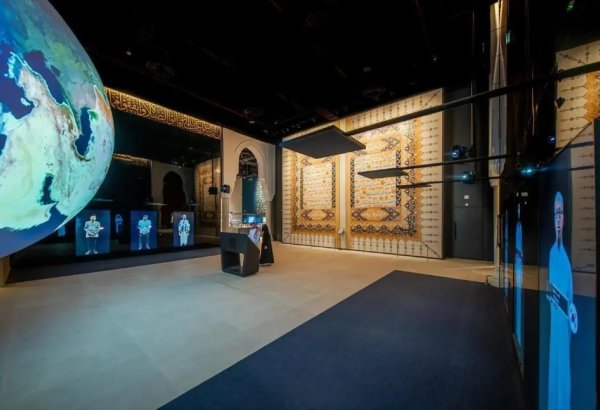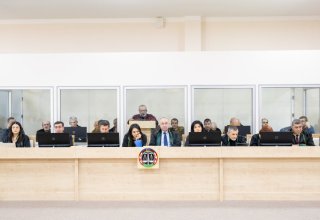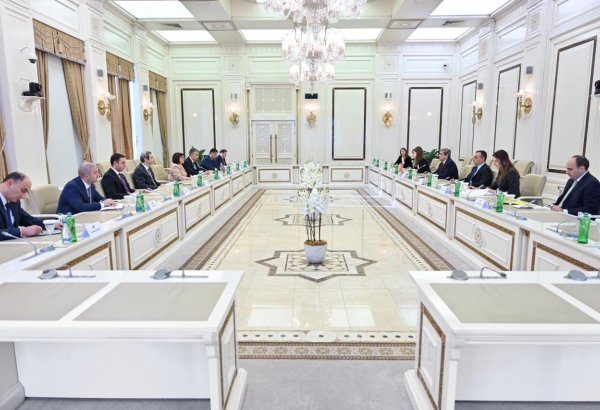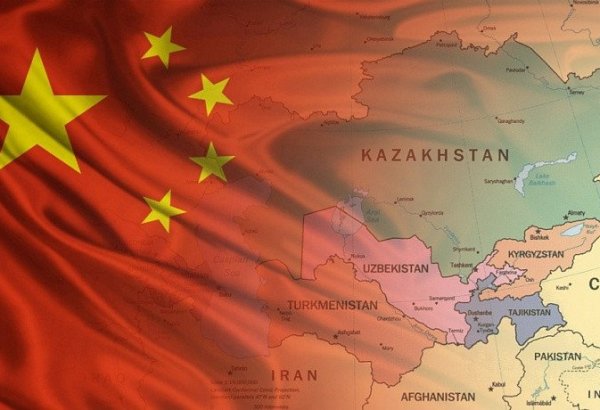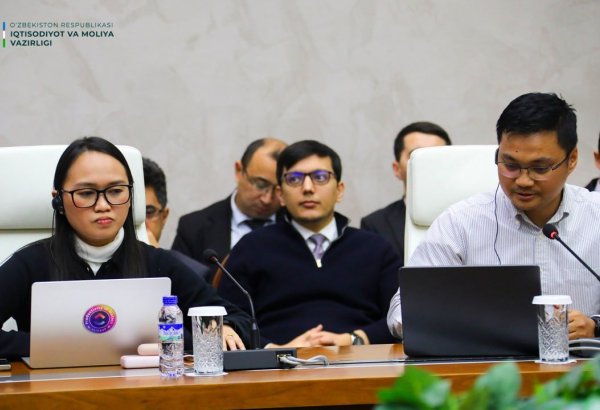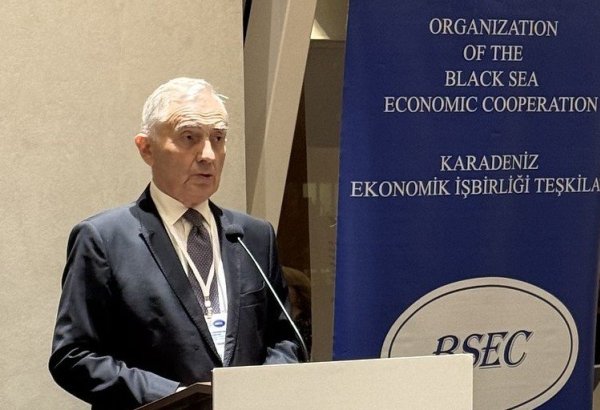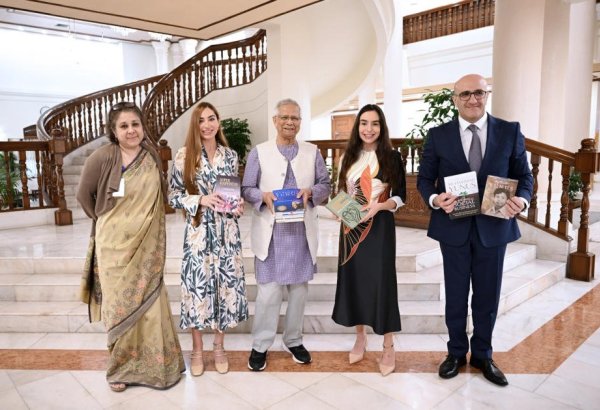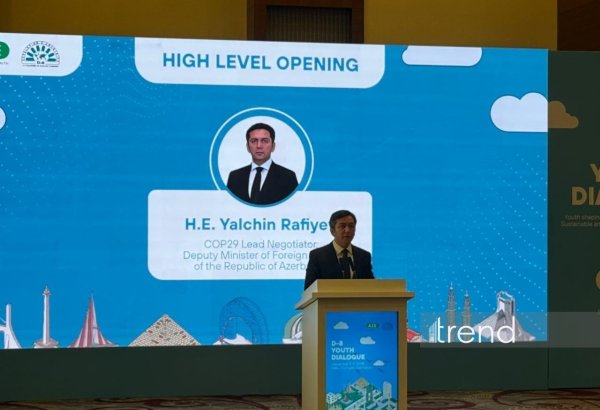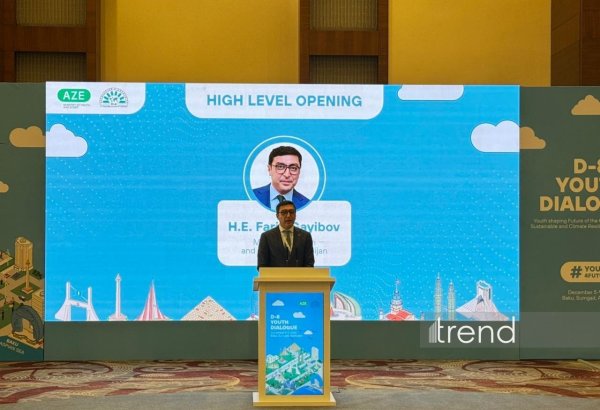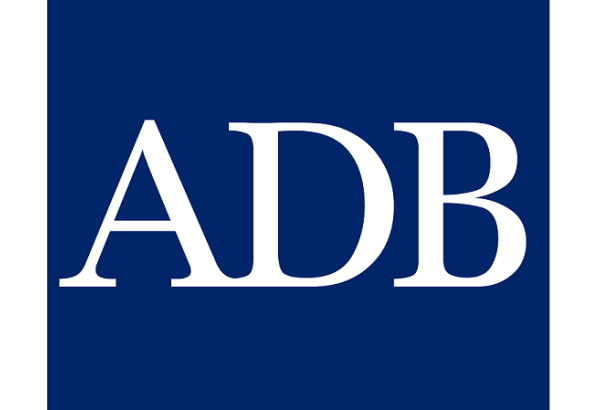BAKU, Azerbaijan, November 20. As part of COP29 in Baku, Trend News Agency proudly presents COP for Hope, a special project offering an unparalleled platform to hear from world leaders and trailblazers in politics, economics, science, and ecology, all united by a shared commitment to addressing today’s pressing climate challenges.
Today, we are honored to speak with Ramesh Subramaniam, Director General and Group Chief Sectors Group at the Asian Development Bank (ADB).
In an exclusive interview with TurkicWorld on the sidelines of COP29, Subramaniam said he is delighted that COP is now placing explicit focus on green skills and green jobs.
"We need policies and investments that steer skills development for economic expansion that comes with quality jobs in the green sectors. Given the expected growth in the number of green jobs, the deliberations at COP can give the much-needed push to increase investments in green skills that matter for a clean and just transition and help young people to access new and emerging area economy jobs," he said.
Education’s role in climate action
The director general noted that the Human Development Day is a first of its kind and he is hopeful that it will trigger new commitments to embed climate change knowledge and skills in education systems.
"We know that the most vulnerable people in the Asia and the Pacific region are the most affected by adverse climate events, hence investing in climate resilience for young people but also in communities is critical to combat the adverse effects of climate change," said Subramaniam.
Promoting climate-resilient and low-carbon schools
The director general pointed out that ADB has already done considerable work in this area of disaster risk resilient infrastructure for schools and other facilities.
"We would like to enhance our work in terms of embedding climate change in curriculum, teacher training and learning competencies in order to build the knowledge and skills necessary to combat climate change. Our aspiration is also that we are able to influence future NDCs in incorporating education and skills as levers for climate action. As a climate bank, we will be increasing investments for climate adaptation and mitigation across all sectors and this includes the human and social development sector," he said,
Subramaniam went on to add that education and training are very important levers to build the knowledge and capacities for effective climate action.
"We will working at the intersection of various sectors: for instance how to strengthen the training of frontline health workforce for climate resilience? How do we invest in the training of the workforce for eMobility and clean and renewable energy occupations? How to we invest in skills for high-tech and climate-resilient infrastructure that not only increased agriculture productivity but also brings higher quality jobs in agriculture to rural youth. In short we will be working across, schools, Technical and Vocational Education and Training institutions and universities to promote climate change adaptation and mitigation," he said.
Joint Statement and Baku Guiding Principles on Human Development for Climate Resilience
The director general noted that the Joint Statement and the Baku Guiding Principles on Human Development for Climate Resilience are excellent take-off points for the next level of work in increasing investments in education and skills development for enabling climate resilience among children, youth and workforce.
"The Joint Statement and the Baku Guiding Principles denote the shared commitment and aspiration of international agencies and partners to work together and to embrace new solutions to bring greater development impact. The Baku Guiding Principles are aligned with the calls to action we have outlined in the ADB’s publication ‘Climate Change and Education Playbook: Investing in Education and Skills for Climate Resilience in Asia and the Pacific’. We need to bring solid action on the ground in our region which will tip the balance in pro-climate behavior, actions and investments," Ramesh Subramaniam concluded.








